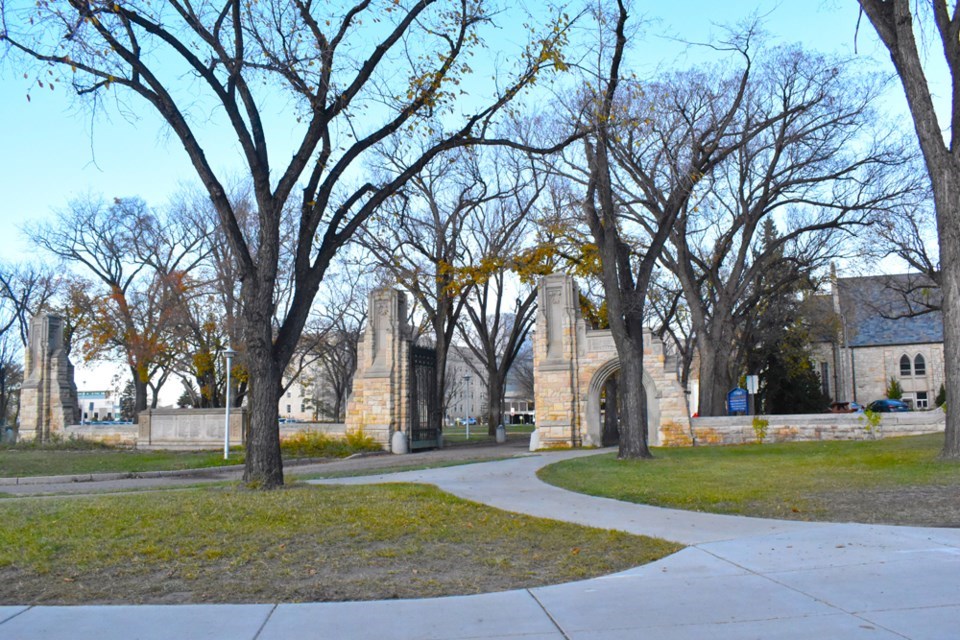SASKATCHEWAN – The University of Saskatchewan has withdrawn its discrimination and harassment complaint against a first-year law student.
On June 6, lawyers from the Justice Centre for Constitutional Freedoms based out of Calgary had demanded that the U of S dismiss the complaint warning them that forcing students to defend their course-related contributions, even some that another would find offensive, through a formal complaints process was contrary to the principle of freedom of expression and academic freedom.
The U of S had refused to dismiss the complaint against the first-year student but now the complaint has been withdrawn without explanation, said the JCCF.
“The University cannot perform its function without vigorously defending the right to think independently and to speak openly," said Andre Memauri, lawyer at the JCCF
"We are disappointed that the U of S refused to dismiss the complaint outright and are concerned that discrimination and harassment policies may be used to silence dissenting opinions on campus."
Student expressed opinion in law assignment
The U of S complaint against a student stemmed from a mandatory first-year law class called Kwayeskastasowin: Setting Things Right where law students are taught about Critical Race Theory, intersectionality, “White Fragility” and the course covers topics such as “How to be an anti-racist.”
Students were required to describe how they were harmed by colonialism and oppression and what they could do to change the legal profession. They were instructed to provide personal opinions and viewpoints in a mandatory classroom forum on racism and colonialism. The course’s instructor deemed the comments disrespectful and removed them but they had already been widely circulated within the College of Law, allegedly in violation of the student’s intellectual property and privacy rights.
In graded assignments, law students are required to post answers viewable by other students on a private classroom forum. In this case, the law student’s answers presented a dissenting view, and were removed by his instructor based on claims that the posts were harmful. Before they were removed, however, the comments were somehow circulated to persons outside of the class. A student not in the course saw the comments and filed a complaint alleging that they were disrespectful, anti-Indigenous, and racist without specifying how the comments were any of these things, said Memauri.
The U of S allowed the complaint to proceed to a dispute resolution process and required the student to respond to the vague allegations of discrimination and harassment made against him.
“State-funded western institutions of higher learning, such the U of S are built on the foundations of freedom of thought, speech and inquiry, and the right, in pursuit of those goals, to dissent from prevailing orthodoxies,” said Memauri. “Critical thinking skills, debate over controversial and sensitive topics, and even dissenting opinions should be part of a well-rounded education.”




